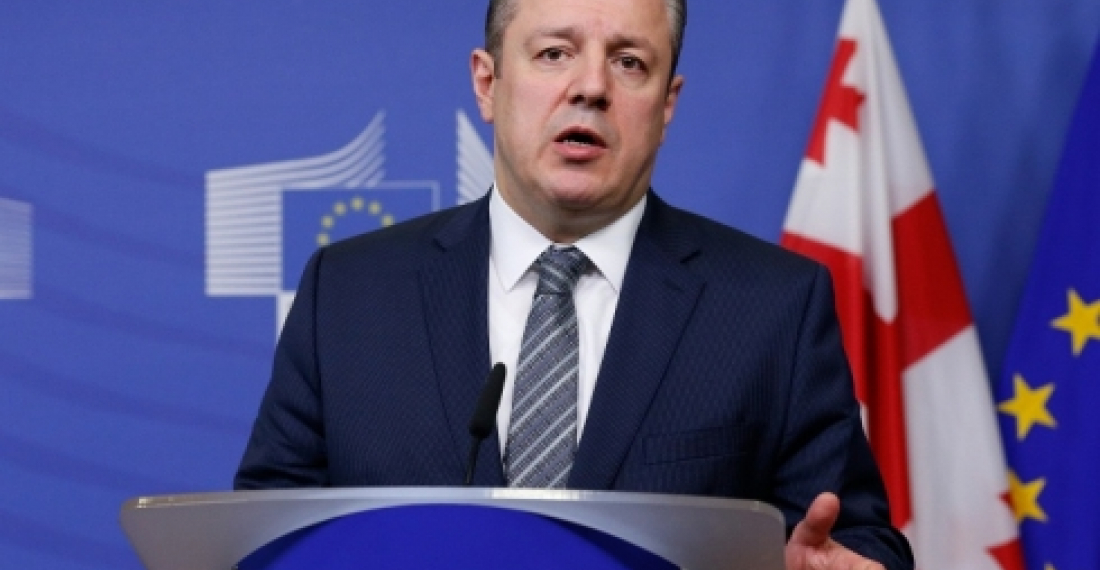Georgia should pursue “deeper integration” with NATO to reinforce its military defences, the office of the new prime minister said on Friday at a meeting of the National Security Council.
The comments come a week after Giorgi Kvirikashvili, who took office last month, told American news network CNBC that Russia needs to honour Georgia’s “territorial integrity and sovereignty”.
The Russian leadership has repeatedly made clear its opposition to Georgia joining the military alliance.
The CNBC interview took place at the World Economic Forum in Davos, Switzerland, where Kvirikashvili also met Jens Stoltenberg, secretary general of NATO.
Kvirikashvili and Stoltenberg discussed the possibility of Georgia becoming a full member of NATO, a goal towards which the country has made “significant steps” according to the prime minister’s press office.
The NATO-Georgia commission was established in September 2008, one month after the war between Georgia and Russia, but Georgia has not as of yet signed a Membership Action Plan (MAP) with NATO. Earlier in 2008, before the war, 77% of Georgians were in favour of joining NATO in a non-binding referendum.
At Friday’s meeting of the National Security Council the Georgian leadership also said it is preparing for the upcoming NATO summit in Warsaw in July. Georgia currently contributes a significant number of soldiers to NATO’s Resolute Support Mission in Afghanistan.
source: commonspace.eu







